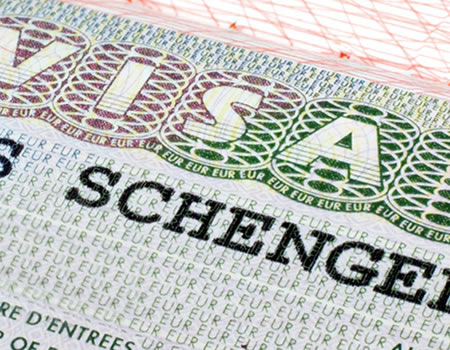The Schengen visa is a document that allows non-European Union (EU) citizens to enter, travel within, and leave the Schengen Area, which comprises 26 European countries that have abolished passport and other types of border control at their mutual borders.
These countries have agreed to common visa policies and procedures, allowing travelers to move freely within the area without needing separate visas for each country.
The Schengen visa is issued by one of the Schengen Area member states and grants entry to all member countries for a specified period, typically up to 90 days within a 180-day period.
However obtaining a Schengen visa can be tiring and frustrating especially if it keeps getting rejected after meeting several criteria.
Here are six common reasons why you Schengen visa application might be rejected.
1. Incomplete or incorrect documentation
If any required documents are missing or filled out incorrectly, it can lead to a rejection.
Also, providing false information or withholding important details on the application form can lead to a rejection and may also result in a ban from future applications.
2. Lack of travel insurance
Failure to provide proof of travel insurance covering medical emergencies and repatriation can result in a visa rejection.
This is because travel insurance is a compulsory requirement needed while applying for a Schengen visa.
3. Unconvincing travel itinerary
If the purpose of the trip or the itinerary provided by the applicant seems unclear or not well-planned, the visa may be denied.
Therefore it is important to clearly state the purpose of your visit whether for vacation, tourism, family visit or study.
ALSO READ: ‘Japa’ made easy! Discover 5 ways to study abroad for free
4. Insufficient funds
If the applicant cannot prove they have enough money to cover their expenses during their stay in the Schengen area, the visa may be rejected.
5. Previous immigration or visa violations
If the applicant has a history of overstaying visas or other immigration violations, it can greatly reduce the chances of getting a Schengen visa.
6. Lack of strong ties to home country
If the applicant cannot demonstrate strong ties to their home country, such as stable employment, property ownership, or family relationships, it may cast doubt on their intention to return after their trip.
NIGERIAN TRIBUNE
